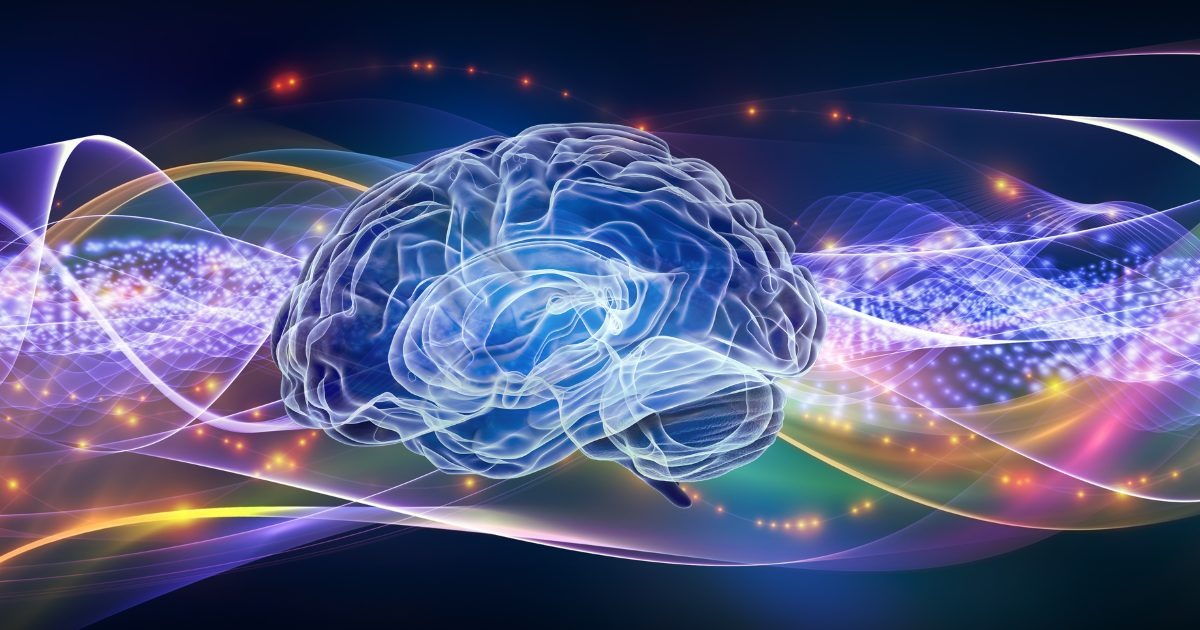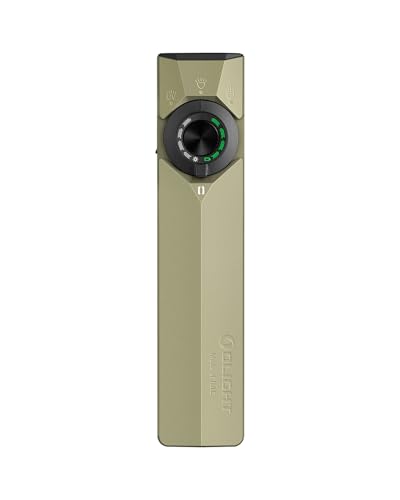Your detailed medical records — every lab result, diagnosis, and prescription — might already be training Google’s AI without your consent. Project Nightingale, Google’s collaboration with Ascension health system, has quietly collected millions of patient files containing names, birth dates, test results, and treatment histories. None of this data gets anonymized before Google’s algorithms start analyzing your health patterns.
The kicker? Patients using Ascension’s network of hospitals and clinics across 21 states had no idea their intimate medical details were being shipped to Google’s servers. No opt-out notices. No consent forms. Just a HIPAA business associate agreement that legally covers the data transfer while keeping you completely in the dark.
“Tool” Classification Dodges FDA Safety Requirements
Google’s AI avoids rigorous medical device approval by clever regulatory maneuvering.
Here’s where things get dangerous. Google classifies this AI as a “tool” rather than a medical device, which sounds innocuous until you realize what that means: zero FDA oversight for software that influences your medical care.
Medical devices must prove safety and efficacy through extensive clinical trials. Tools just need to work well enough not to crash.
This regulatory sleight-of-hand means AI making suggestions about your cancer treatment or drug interactions faces less scrutiny than the blood pressure cuff at your doctor’s office. It’s like putting self-driving car software on public roads without crash testing — except the crashes happen inside your body.
Medical AI Systems Show Concerning Error Patterns
While specific Project Nightingale error rates remain undisclosed, medical AI generally struggles with accuracy.
AI systems across the healthcare industry reveal serious accuracy problems that raise questions about unregulated deployment. Academic studies document frequent misidentification issues in diagnostic AI, including:
- Tumor detection errors
- Problematic drug interaction alerts
These aren’t minor glitches in your Spotify recommendations. Medical AI errors can trigger unnecessary chemotherapy, delay critical treatments, or cause doctors to overlook genuine threats. Your health becomes a testing ground for algorithms that learned medicine from data patterns rather than medical school.
The promise of AI chips-powered healthcare sounds compelling until you realize you’re the unwitting test subject for experimental technology operating without proper safeguards.





























